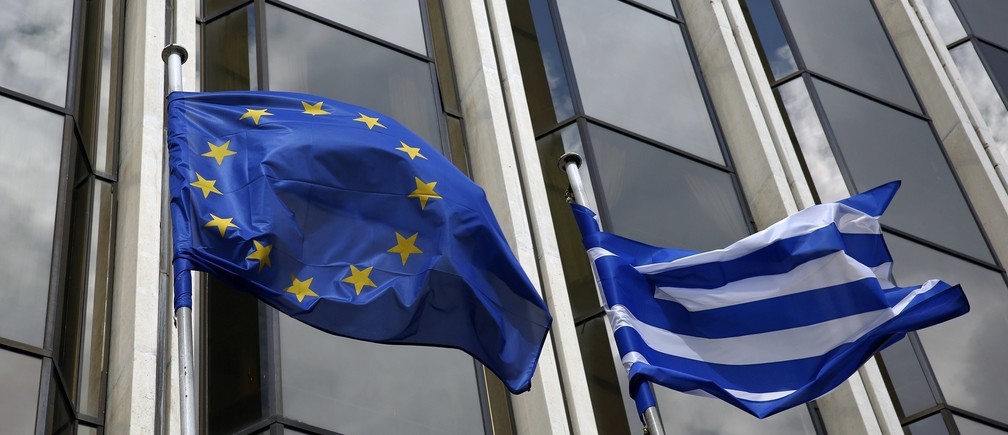Source: Financial Times By Kerin Hope in Athens Four years ago Ioannis Marinopoulos, a seasoned financial investor, followed the advice of his banker and transferred all his savings into Greek government bonds. “The investment case was that sovereign bonds were the safest possible haven if a crisis struck Greece . . . much better than bank deposits,” the 41-year-old economist said. “That turned out to be absolutely wrong.” Mr Marinopoulos is now chairman of FPOED, an association representing 15,000 individual Greek bondholders seeking compensation for having to accept a 75 per cent “haircut” on the value of their investments in last year’s partial default agreed with the EU and International Monetary Fund. The so-called “private sector initiative” (PSI) – the largest sovereign debt restructuring ever carried out – was imposed as part of a €170bn second international bailout intended to prevent Greece from crashing out of the eurozone. “A year ago we were a Facebook group of a few hundred unhappy people. Now we’re more militant . . . we’re determined to take whatever legal measures are required to get our money back,” Mr Marinopoulos said. FPOED is one of several Greek investor groups considering class actions against local and international financial institutions over alleged market trading abuses in the months and weeks before Greece lost access to international capital markets in April 2010. It has turned for help to John Kyriakopoulos, a former chief executive of Greece’s largest state pension fund who heads the Athens office of Kyros Law, a US firm based in Boston. “We are looking at cases involving negligence, conflicts of interest, manipulation of credit default swaps (CDS) and insider trading of Greek bonds,” said Mr Kyriakopoulos, interviewed in his seventh-floor office in central Athens. Grant & Eisenhofer, a leading US investor rights law firm, agreed this month to collaborate with Kyros on cases brought by Greek bondholders. “We look forward to partnering with Kyros Law on cases in Greece, where there is a growing tide of investor disputes stemming from the country’s recent financial crisis,” said Stuart Grant and Jay Eisenhofer, co-managing directors. Mr Eisenhofer made a written proposal in 2011 to the government, then under the premiership of George Papandreou, to bring suits against alleged speculators in Greek debt after meeting with senior Greek officials in New York. The government did not take up the offer, which was made on a “no win, no fee” basis, even though Mr Papandreou had pledged to pursue global financial institutions whom he accused of speculating against Greece through the courts. “It was a missed opportunity but now we have another chance,” said Mr Kyriakopoulos. Kyros Law already represents Ospa, a trade union with more than 3,000 members, all former employees of Olympic Airways who received severance packages in the form of bonds after the national carrier was liquidated in 2008. He has begun preparing an action on behalf of FPOED and is negotiating with other groups of Greek bondholders, including state universities and pension funds. “We’re confident of having enough claimants in both Ospa and FPOED with either US passports or green cards allowing residency to be able to file suits in the United States,” he said. Other lawyers are sceptical the planned class actions will take off. “This is an interesting concept with some possibility of traction with a strong US partner . . . but it’s still a very long shot,” said a veteran international financial lawyer who declined to be identified. Mr Kyriacopoulos claims Greek and international banks participating as primary dealers in Greek sovereign bond issues were involved in a conflict of interest because they allegedly appeared later as sellers of structured products that speculated on the event of a default by Greece. He also cites discussions that took place in the Greek parliament on the reported manipulation of credit default swaps, which investors use to insure against a sovereign default, and short selling of sovereign bonds on favourable terms by local and foreign institutions; but no formal inquiry was launched. Furious debate once raged in the early stages of the eurozone crisis over whether bearish bets in CDS on sovereigns aggravated the much larger market for their bonds. A study commissioned by EU officials in 2010 found “no conclusive evidence that developments in the CDS market cause higher funding costs for member states”. But the debate continued as the crisis spread to larger eurozone governments, culminating in an EU-wide ban in November 2012 on short positions in sovereign CDS. Investor interest in the market has since collapsed.
Greek bondholders eye legal action against banks

19
Aug
2013





